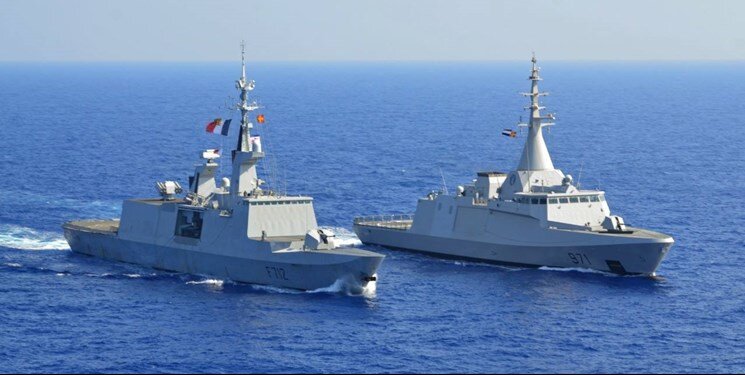In an interview with the website of the Strategic Council on Foreign Relations, Ali Akbar Farazi said after claims by the West and certain Arab states that the Strait of Hormuz and the Persian Gulf were insecure with an aim to undermine Iran’s status, various countries in a politically motivated move, tried to outline a role for themselves in the so-called provision of security in the Persian Gulf.
Referring to the European countries’ reluctance to join the US Naval Coalition and then a similar coalition raised by France, he added: “Macron’s role should be taken into account in creating this coalition, because after Trump’s coming to power and the American unilateralism on various issues, major European countries, including France and Germany, have repeatedly warned that Europe must come to the conclusion that the United States cannot be a reliable partner.
The former diplomat, stating that Germany and Europe tried to outline some actions in line with the interests of Europe and outside American hegemony, stated: After the debate on the Persian Gulf security, Macron seems to have taken a step to this end. By implementing this plan he has given some clear messages to the US and other countries.
Europe Trying to Avoid NATO Missions
Describing Europe’s most important messages in pursuit of the European Maritime Alliance in the Persian Gulf, he said Europe is trying to distance itself from NATO missions because it still believes it should have its own single army. By refusing to accept the US invitation Europe sends the message that it is to fulfil its multilateral mission without relying on NATO.
“If you look at the membership of countries like Germany, Belgium, Denmark, Greece, Italy, Portugal, the Netherlands and France, you will see that they have not included the entire EU states in the maritime coalition,” he said. Among other characteristics of the members is that they are both from northern Europe and from the south, both right-wing governments and socialist governments. They have pursued a symbolic move by taking into account geopolitical and political diversity, and are trying to say that their action represents the will of all Europe.
The European affairs analyst said the move was not anti-American, but independent of the US, adding: “None of the former Eastern bloc countries or as put by George Bush, young Europe, are in the coalition, indicating France’s intention to make a move independent of America.
Referring to the emphasis placed in the statement released by the European Maritime Coalition that the move was not against a particular country, Farazi said Macron insisted on giving the Persian Gulf states, especially the strongest and safest country in the region, the Islamic Republic of Iran, the implicit assurance that this is not a move against Iran. Germany and France, on the other hand, are trying to show that they want to stop the US presence in the Persian Gulf within NATO and they want to play the role themselves.
French Dream
It is natural that other countries, including France, which has a long history of criticizing the United States since General De Gaulle, would like to reduce or replace the role of the US in the region, but considering that the Americans have stated they want to reduce their presence in the region, it must be seen how and when this will happen, and what tools countries such as France possess to replace the Americans in the region, and what is their capability to do this.
“It is true that France has traditionally maintained a presence in part of West Asia and part of the Arab world, but the reality is that developments in the region over the past decade have shifted roles,” he said. Macron seems to have this dream, but the future will show how much they are capable of achieving it.
He also emphasized: “This project has a political and symbolic aspect and will not succeed in providing security in the Persian Gulf. The Islamic Republic of Iran, which has always played a decisive role in maintaining the security of the Persian Gulf and the Strait of Hormuz, has repeatedly emphasized the need to secure the region through the collective cooperation of regional countries.
Former Iranian ambassador to Romania and Hungary, saying that France and the US will continue to be friends and partners, said: “It is true that France is making more independent moves towards the United States than Britain, but never Macron and the French government will act towards the conflict of interest with America.










0 Comments